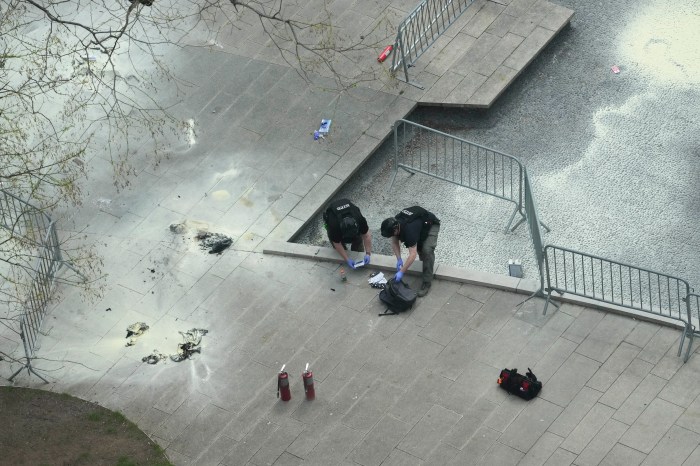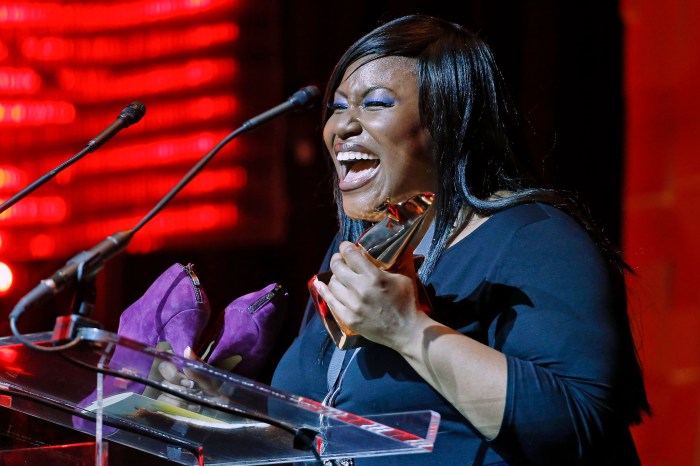
When it came to planning the new development proposal that would add 100 homes atop the Middle East in Central Square, owners Joseph and Nabil Sater crowdsourced. That is, they held old fashioned town meetings for residents and other business owners to give input on an expansion that would dramatically alter the iconic stretch of Massachusetts Avenue where this restaurant and nightclub complex has operated for 40 years.
One thing on the community’s must-have list is more affordable housing — 20 percent instead of the standard 10 percent of space designated to most new developments. “They want solar energy and they want more space to live in, too,” Joseph Sater says. “They also want a garden on the roof — a community garden to grow vegetables.”
Rooftop vegetable growing is around four or even five years away, Sater estimates. But the basic plan is set and the ground floor — Middle East Upstairs and Downstairs, ZuZu and the bakery — will remain as-is and open throughout the process. The second floor will serve as a public space where new tenants, like galleries, will act as a noise buffer between the residences upstairs and the clubs below. Once a compatible developer is found, the project will move to the city-permitting phase.
With the community behind the project, Sater hopes for fewer headaches down the line.
“We don’t want to upset any of our neighbors or the other businesses in the area. We say good morning to these people. We don’t want them to be uncomfortable with any of this. The Cambridgeport community is home for us,” he explains.
Another headache they hope to avoid is increased congestion in the already traffic-choked Central Square. “We want to work out a way with the city to provide scooters or bikes,” says Sater. “We don’t want residents to bring in cars. The Red Line is a minute away. People don’t want more cars.”
The Saters have already put a toe in development waters, turning a disused armory in Somerville into a community and arts center. Sater chuckles dryly, because that project was tiny compared to this. So why take on such a huge challenge?
“We had no choice: The property owner died and the estate wanted to sell. Another developer would have torn the whole place down. We aren’t ready to retire and close the Middle East.”


















